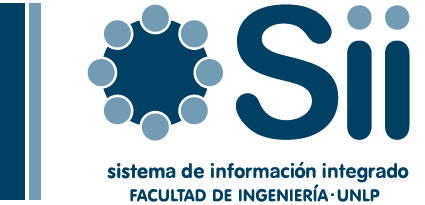A History of the Work Concept [libro electrónico] : ; From Physics to Economics / by Agamenon R. E. Oliveira.
Tipo de material: TextoSeries Detalles de publicación: Dordrecht : Springer Netherlands : Imprint: Springer, 2014.Descripción: xxiii, 239 p. : ilTipo de contenido:
TextoSeries Detalles de publicación: Dordrecht : Springer Netherlands : Imprint: Springer, 2014.Descripción: xxiii, 239 p. : ilTipo de contenido: - text
- computer
- online resource
- 9789400777057
- TA349-359
Preface by Raffaele Pisano -- Introduction -- Chapter 1: Theoretical Framework -- Marxism -- Genetic epistemology -- Ecological economics -- Theory of history and general historiography -- Science historiography -- PART I: The Conceptual Genesis -- Chapter 2: The Conceptual Basis To Work Studies -- Historical character of physical concepts construction -- The evolution of space concepts -- The development of time concept -- The concept of force and its controversies -- The concept of mass -- Chapter 3: The Ideas Of Work And Energy In Mechanics -- General considerations -- The work concept and its formalization -- The development of virtual works principle -- The least action principle -- The energy conservation principle -- Chapter 4: The Rational Mechanics Dilemma -- A brief history of mechanics in physical context -- Mechanics formalization in XVIIIth century -- Lagrangian mechanics -- Laplacian project and rational mechanics -- Empirical knowledge of machines manufactors -- PART II: The Instrumental Genesis -- Chapter 5: Lazare Carnot General Theory Of Machines -- Lazare Carnot: scientific and political career -- Science and French Revolution -- The mechanics of Lazare Carnot -- Work concept in Carnot´s mechanics -- Carnot´s memoir of 1779 -- Carnot´s memoir of 1781 -- Chapter 6: The â_oFundamental Principles Of Equilibrium And Motionâ__ Of Lazare Carnot -- Chapter 7: The Metamorphosis Of Work Concept And Its Incorporation To Economic Thought -- The conservation of living forces principle -- Coulomb and the work as a form to overcome a passive resistance -- Navier and work as a mechanical currency -- Coriolis and the work as a measurement of machines´ operation -- Poncelet´s contribution to applied and industrial mechanics -- Chapter 8: Conclusion -- References.
This book traces the history of the concept of work from its earliest stages and shows that its further formalization leads to equilibrium principle and to the principle of virtual works, and so pointing the way ahead for future research and applications. The idea that something remains constant in a machine operation is very old and has been expressed by many mathematicians and philosophers such as, for instance, Aristotle. Thus, a concept of energy developed. Another important idea in machine operation is Archimedes' lever principle. In modern times the concept of work is analyzed in the context of applied mechanics mainly in Lazare Carnot mechanics and the mechanics of the new generation of polytechnical engineers like Navier, Coriolis and Poncelet. In this context the word "work" is finally adopted. These engineers are also responsible for the incorporation of the concept of work into the discipline of economics when they endeavoured to combine the study of the work of machines and men together.
No hay comentarios en este titulo.
